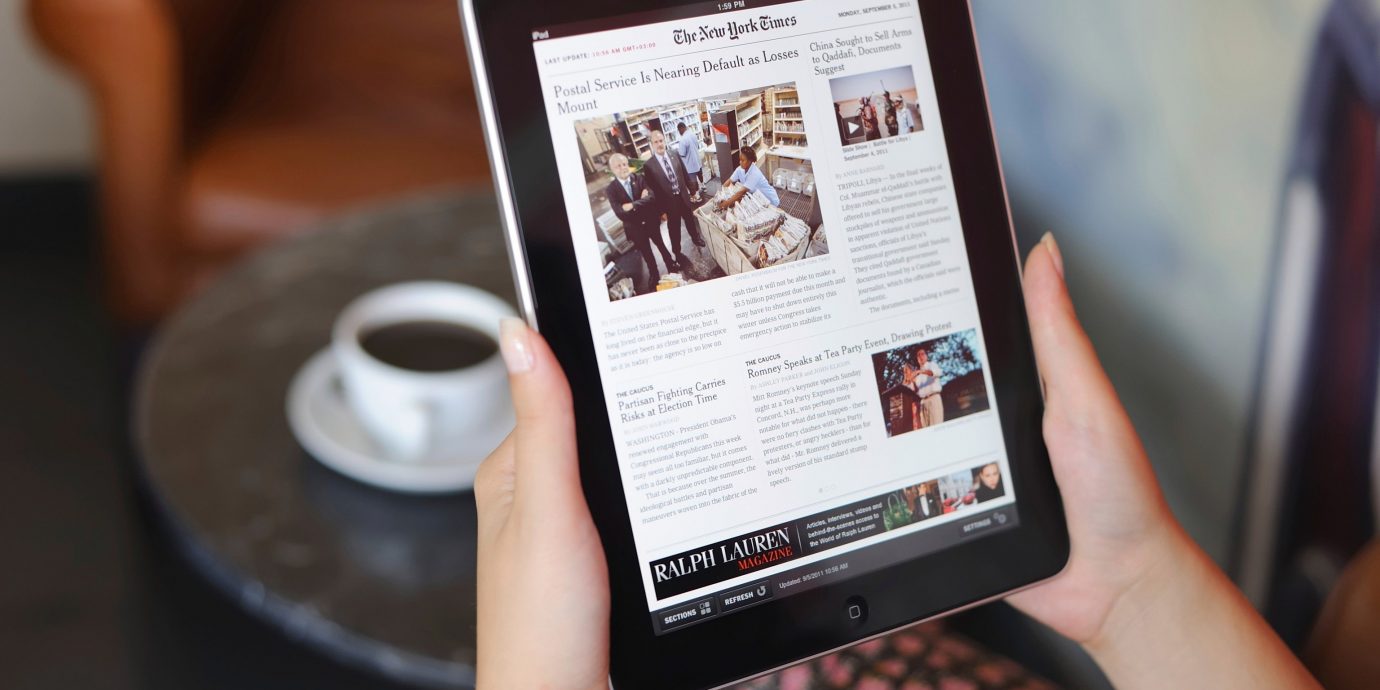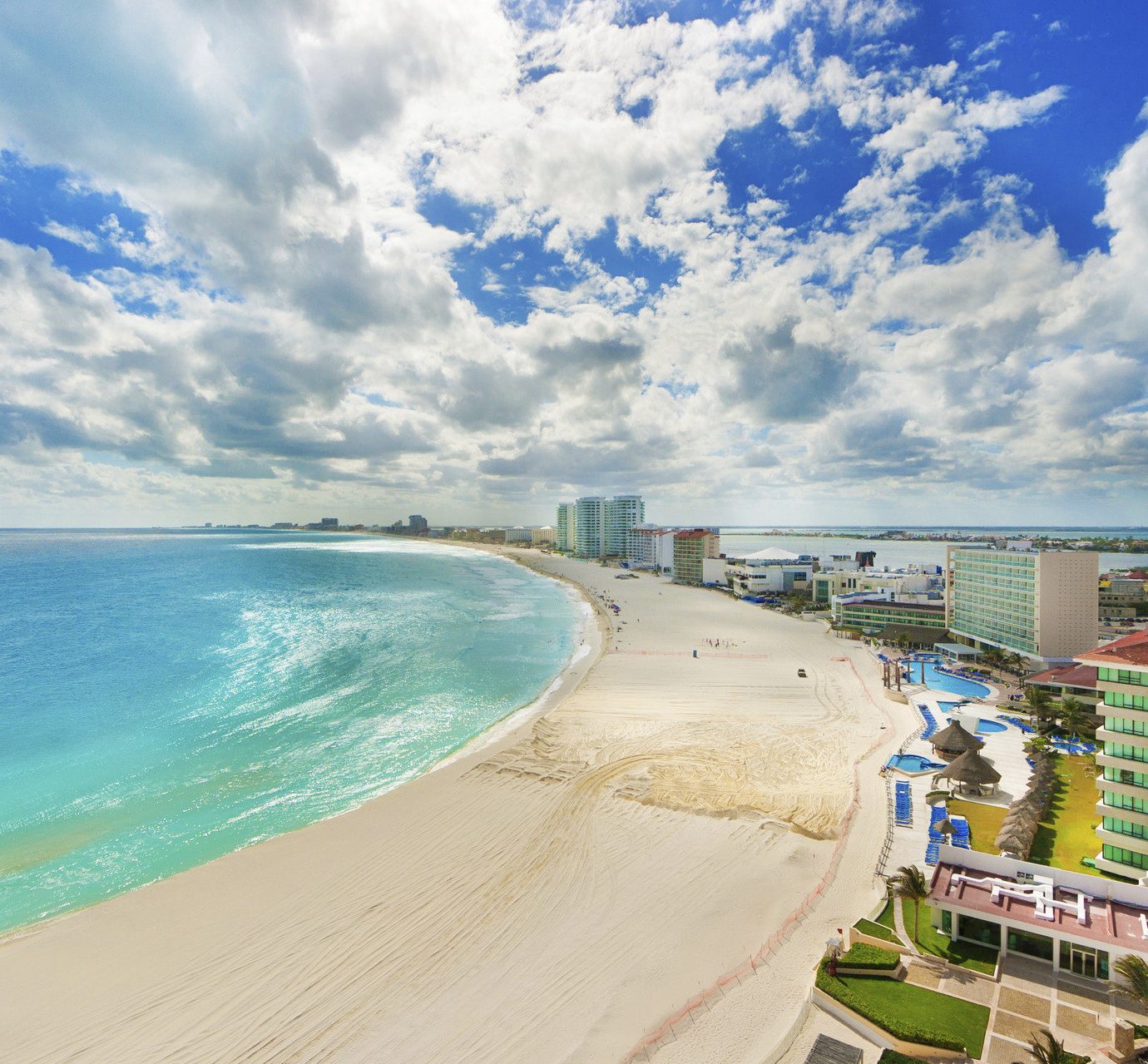
The WiFi Scam That Could Steal Your Credit Card Info
Hotel WiFi is one of the most important amenities these days. But it can also create serious headaches for travelers. Josh Roberts of SmarterTravel.com weighs in on the newest WiFi scam and how you can protect yourself.
There’s an old saying: If it seems too good to be true, it probably is. In the travel world, of course, that’s not always true. Things like free upgrades, free drinks, and free in-flight perks sometimes really do come with no strings attached. Then again, things like timeshares and travel clubs—which may at first seem like great ideas—don’t always live up to the hype.
And now we can add another "too good to be true" item to the list: free WiFi.
I’m not talking about the free WiFi scam du jour that we highlighted around this time last year—namely, when a hotel promises free WiFi but provides such a slow connection that you need to shell out up to $15 per day extra for a decent connection.
Nope, the newest WiFi scam (as reported by NBC) is even more nefarious.
Imagine you’re in your hotel’s lobby (or the airport, or at a popular tourist attraction, or in a coffee shop—the possibilities are endless) and there you find the Shangri-La of our connected world: a free WiFi hotspot that doesn’t require a password. You log in, check your Facebook, read a few articles (ours, hopefully), and then go on your merry way.
RELATED: Why You Should Think Twice Before Connecting to WiFi When Traveling
One problem. That free WiFi hot spot may be run by hackers, and they may be targeting your personal information and data: private pictures and videos, your social security number, your credit card, your mobile payment accounts, or your insurance information, just for starters.
Hackers may use both SSL decryption (to capture your personal information) and SSL stripping (to downgrade secure domains—those URLS that start with "https" instead of "http"—and gain access to your passwords and payment information).
Nice people, right?
So, the moral of the story here: Don’t just blindly accept that the free WiFi you’re seeing is legit. And even if you’re expecting there to be free WiFi available wherever you’re choosing to log in, make sure you’re connecting to the right free hotspot. Otherwise you might just find a hacker waiting for you on the other side.
More from SmarterTravel:
- Beware the New Airport ATM Scam
- Free Travel Offers That Aren’t Really Free
- 10 Tricky Travel Scams and How to Spot Them
Read the original story: The New WiFi Scam That Steals Your Credit Card Number by Josh Roberts, who is a regular contributor to SmarterTravel.
Want more?
- 11 Hidden Travel Fees You’re Paying For
- The Hotel Scam You Need to Know About
- 10 Smart Ways to Use Your Airline Miles
Comments
All products are independently selected by our writers and editors. If you buy something through our links, Jetsetter may earn an affiliate commission.
Become a Jetsetter.
Use our insider connections to know where to go and what to do.
By proceeding, you agree to our Privacy Policy and Terms of Use.
Thanks for Signing Up!




